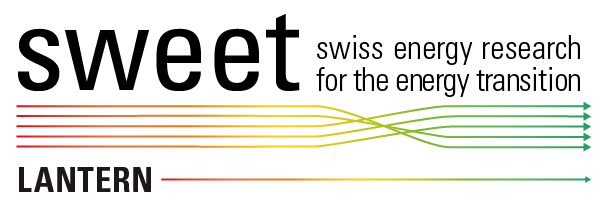Module 1.1
Introduction to Living Labs and Stakeholder management
Introduction to Living Labs and Stakeholder management
Module overview
Participants will discover the core principles, benefits, and challenges associated with Living Labs. The module also covers essential methods and tools for effective Living Lab operation and strategies to engage various stakeholder groups for present and future projects. This foundational module sets the stage for deeper learning and engagement within the project.
CC BY-NC: This license allows reusers to distribute, remix, adapt, and build upon the material in any medium or format for noncommercial purposes only, and only so long as attribution is given to the creator.
More content
Papers :
- Ballon, P., & Schuurman, D. (2015). Living Labs: concepts tools and cases
- Habibipour, A., & al. Living Lab Research A State-of-the-Art Review and Steps towards a Research Agenda
- Leminen, S., Syntrom, A. (2012). Living Lab as Open Innovation Network
- Schuurman, D., & al (2014). Living Labs as open innovation systems for knowledge exchange solutions for sustainable innovation development
- Schuurman, D., & al (2016). The Impact of Living Lab Methodology on Open Innovation Contributions and Outcomes
- Veeckman, C., & al (2013). Linking Living Lab Characteristics and their Outcomes: Toward a Conceptual Framework
Guides:
- Rewaise. Resilient Water Innovation for Smart Energy Handbook
- U4IoT. CoCreative Workshop Methodology Handbook
- UnaLab. Living Lab Handbook For Urban Living Labs Developing Nature-Based Solution
Thesis:
- Mastelic, J. (2019). Stakeholders’ engagement in the co-design of energy conservation interventions: The case of the Energy Living Lab
- Schuurman, D. (2015). Bridging the Gap Between Open and User Innovation: Exploring the value of Living Labs as a means to structure user contribution and manage distributed innovation
Evaluation & feedback
All feedback and comments on the Capacity Building Platform are welcome and will be taken into account in its improvement.




